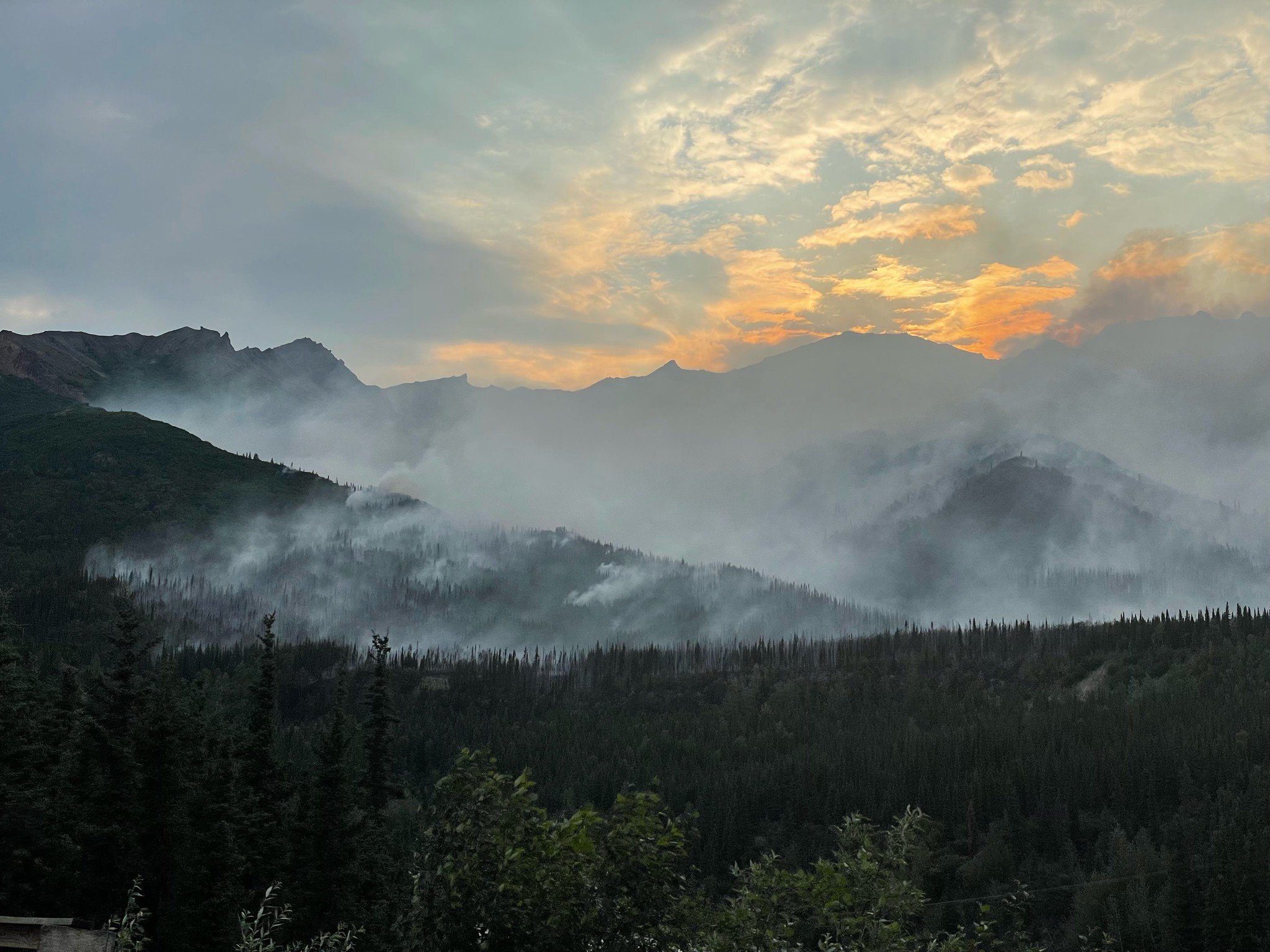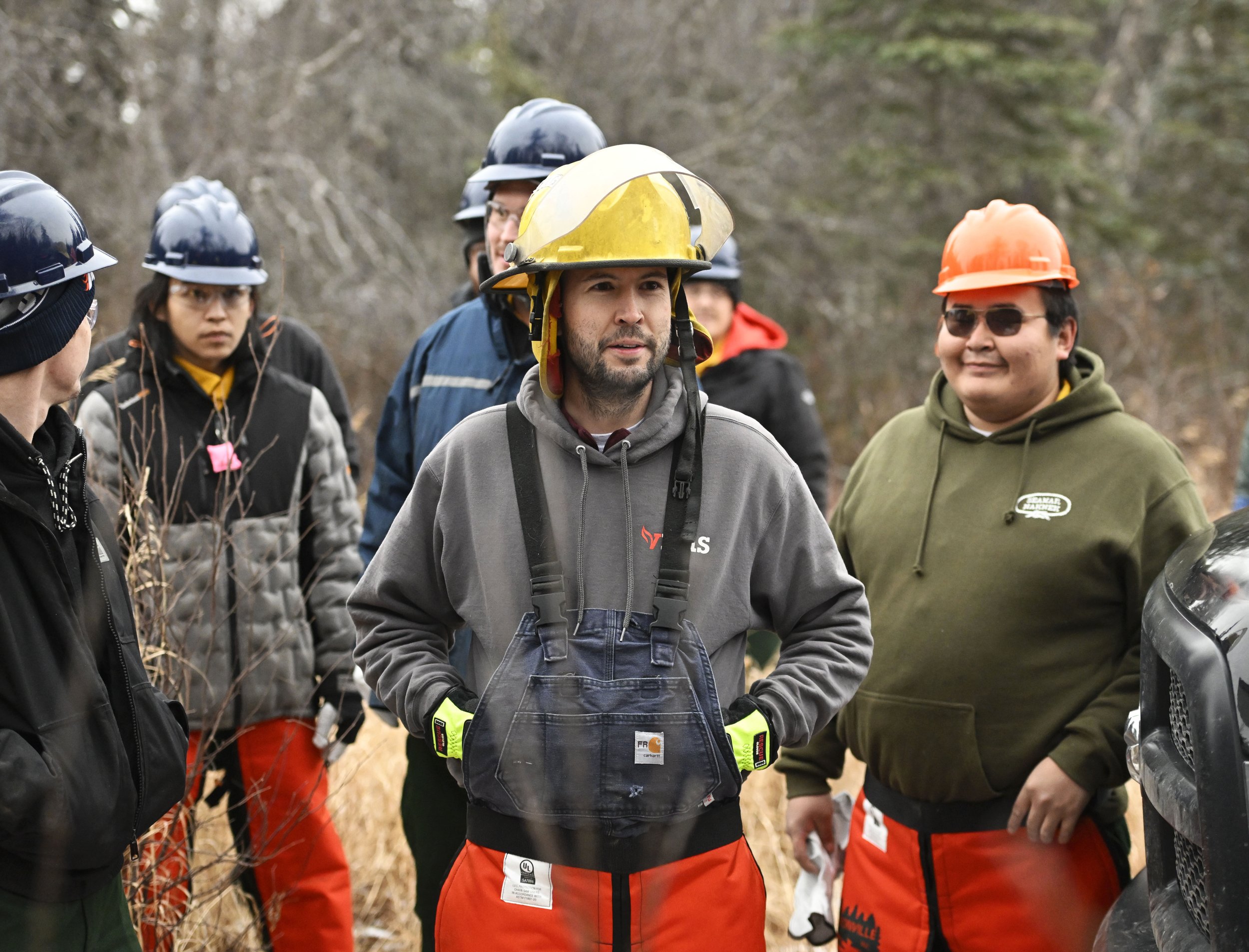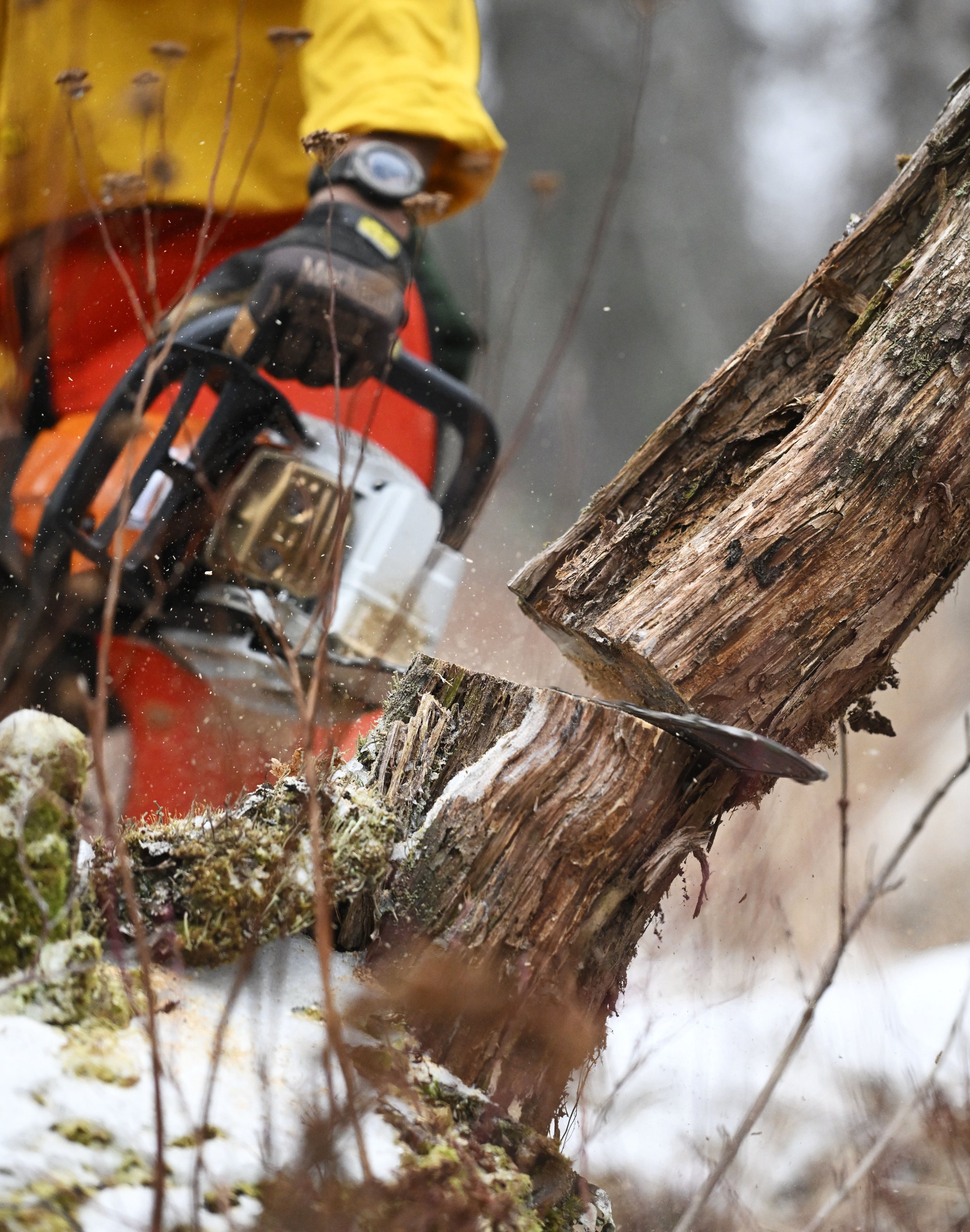
Together, we’re building Alaska’s wildfire resilience.
Fire Adapted Alaska is a statewide initiative to equip Alaskans with the tools, knowledge, and partnerships to adapt to and mitigate Alaska’s increasing wildfire impacts.

Our Mission
Fire Adapted Alaska aims to create
fire-resilient communities.
By integrating community-driven solutions, scientific innovation, and Indigenous knowledge, Fire Adapted Alaska will safeguard lives, infrastructure, and our environment.
Alaska's unique landscape and ecosystems make it particularly vulnerable to the growing threat of wildfires.
With longer fire seasons, more intense burns, and increasing risks to rural and urban communities, it is critical to take proactive steps toward resilience.

What We Do
-
Provide education on fire-resistant building techniques, defensible space creation, and evacuation preparedness tailored to Alaska’s conditions.
-
Foster partnerships among state, federal, tribal, and nonprofit organizations to streamline efforts and share resources.
-
Promote sustainable forest management, such as prescribed burns and thinning, to reduce wildfire fuels.
-
Work closely with Alaska Native communities to incorporate traditional ecological practices that support resilience and cultural preservation.
-
Develop and fund Community Wildfire Protection Plans (CWPPs) and enhance response infrastructure in vulnerable areas.

Why it Matters
-
Over recent decades, Alaska has faced an alarming rise in wildfire activity. The 2019 and 2022 fire seasons burned millions of acres, threatening homes, disrupting subsistence activities, and impacting wildlife habitats.
-
Many Alaska communities, especially remote rural areas, lack the resources to adequately prepare for or respond to wildfires. Disruptions to transportation, food supplies, and communication can have devastating consequences.
-
Rising temperatures, earlier snowmelt, and prolonged drought are creating ideal conditions for wildfires, putting increased pressure on firefighting resources and communities alike.
-
Wildfires strain local economies, affect public health through smoke exposure, and jeopardize cultural traditions tied to the land. Proactive adaptation can mitigate these impacts and build long-term resilience.

